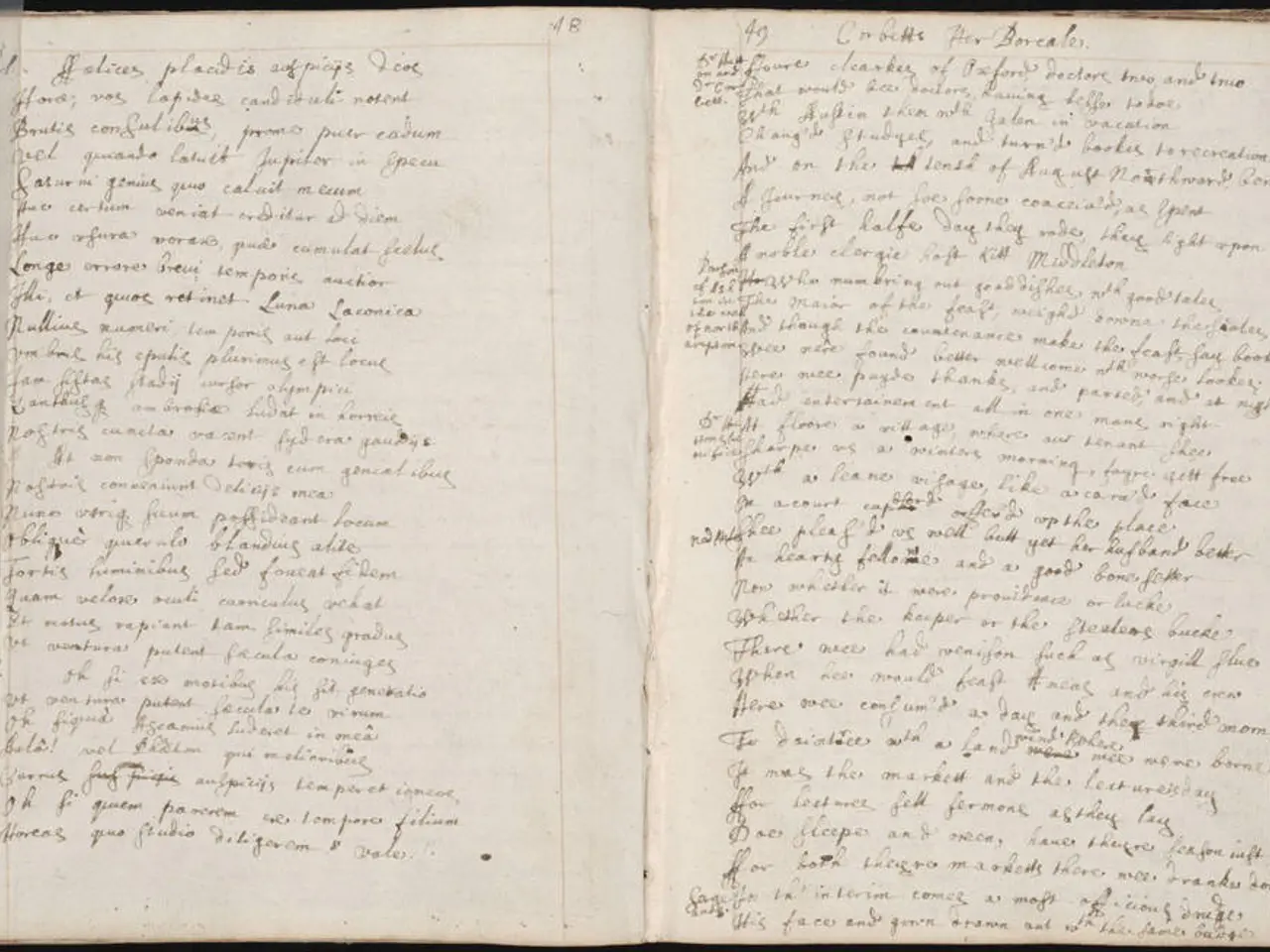Military leaders express reservations towards Netanyahu's proposed scheme.
In an intriguing turn of events, the Israeli military has expressed reservations about Prime Minister Benjamin Netanyahu's proposed plan to occupy Gaza City. Daniel-Dylan Böhmer, in an article, highlights the underlying concerns that have sparked these doubts.
The primary apprehension revolves around the complexity and risks associated with urban warfare in a densely populated area controlled by Hamas. The West Bank experience serves as a cautionary tale, with aggressive military operations often proving prolonged and costly. The prospect of occupying Gaza City, a heavily fortified urban area, raises significant concerns about potential heavy casualties and challenging combat conditions.
The internal dissent within Israel is another key factor. Families of hostages and peace activists vehemently oppose the plan, mirroring a broader societal divide about the extent and nature of military intervention in Gaza. This internal discord also influences the military's cautious approach.
Israeli Finance Minister Bezalel Smotrich has added to the debate by criticising the current approach as insufficiently aggressive. This criticism exposes divisions within the government that intersect with military strategy debates.
Moreover, with the UN Security Council planning to discuss Israel's Gaza strategy, military and political leaders must weigh the potential diplomatic repercussions alongside military objectives. The international scrutiny underscores the complexity of the situation and adds to the doubts surrounding Netanyahu's plan.
In conclusion, these elements create significant doubts within the Israeli military about the feasibility and desirability of Netanyahu's plan for Gaza City occupation. The situation remains fluid, with the outcome uncertain as the Israeli leadership navigates this challenging political and military landscape.
The Israeli military's reservations about Netanyahu's plan are influenced by concerns about urban warfare risks, as shown by the West Bank experience. This reservation is further compounded by internal dissent, with opponents vehemently opposing the plan, divisions within the government, and potential diplomatic repercussions from international bodies like the UN Security Council.








